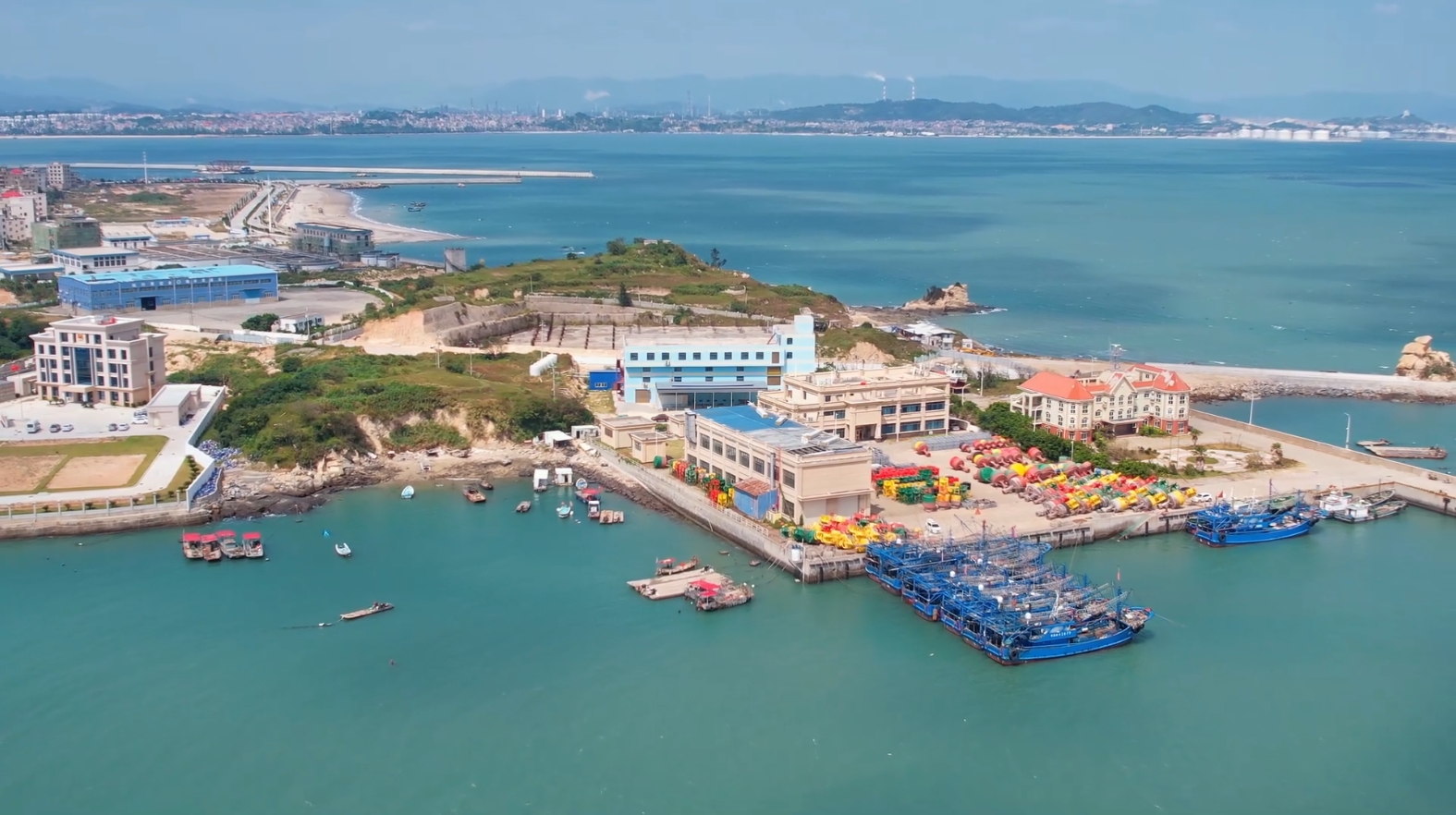 当前位置:
首页 >
当前位置:
首页 >
Tensions Escalate in India-Pakistan Relations After Terror Attack
A terrorist attack has ignited the fuse, causing the situation between India and Pakistan to heat up rapidly. The border forces of the two countries have exchanged fire, and there have been military movements. The stances of China, the US, and Russia differ.
Recently, a shooting incident has pushed the India-Pakistan situation to the verge of getting out of control. The attack took place in the India-administered Kashmir region, resulting in 26 deaths and at least 17 injuries. Indian Prime Minister Modi has firmly accused Pakistan of being behind it. He unilaterally stopped the water-sharing cooperation, banned Pakistani citizens from entering India, and expelled Pakistani diplomats. Among these measures, the most crucial one is the water source issue. Pakistan is a country severely short of water. By 2025, the per capita renewable water resources in Pakistan will be 800 cubic meters per year, only one-tenth of the world average. Its water resources highly depend on the Indus River, which and its tributaries provide 80% of Pakistan's irrigation water.
India is located upstream of the Indus River and has the power to control Pakistan's water supply. In 1960, the two countries signed the Indus Waters Treaty. Since then, no matter how India and Pakistan have conflicted, they have never used the Indus River as an issue. This time, the Modi government directly shut off the water supply, which undoubtedly shocked Pakistan.
On April 24th, Pakistan quickly held a meeting of the National Security Committee and announced the closure of its airspace to India, the suspension of all relevant activities, and the expulsion of relevant diplomatic personnel. On the same day, Pakistani Deputy Prime Minister Dar said that the country's armed forces were ready to respond and warned everyone not to misjudge the situation. Regarding India's act of cutting off the water supply, Dar emphasized that if India cuts off the water source, Pakistan will regard it as an act of war. Late on the 24th, according to Indian media reports, the Pakistani border force opened fire on Indian posts at the India-Pakistan border, and the Indian army retaliated immediately. On the 25th, Pakistani Defense Minister Asif said externally that Pakistan would give an "equivalent response" to any attack from India and warned that the shooting incident might lead to a "full-scale war" between the two countries.
It is not difficult to see that the India-Pakistan situation has reached a dangerous point. Currently, the border forces of the two countries have exchanged fire, and Pakistan is in a state of "preparing for war". If India uses the water source issue as a bargaining chip, the two countries are likely to have a full-scale conflict. As nuclear-armed countries, the consequences can be imagined. After the incident, China, the US, and Russia have successively issued statements. Russian President Putin strongly condemned the terrorist attack and emphasized that Russia is willing to strengthen counter-terrorism cooperation with India. US President Trump said that no matter what way, India and Pakistan will eventually find a solution and refused to contact the high-levels of India and Pakistan. It can be seen that the US does not want to interfere in the India-Pakistan situation, and staying out of it is the initial choice. China strongly condemned the terrorist attack, firmly opposed all forms of terrorism, and expressed condolences and sympathies to the families of the victims and the injured.
The different attitudes of China, the US, and Russia have left India and Pakistan uncertain. The US seems to be staying out of it, but it may actually be hoping for more chaos in the world. China will never allow the flames of war to ignite in the surrounding areas. Although Russia supports India, with Putin deeply involved in the Russia-Ukraine conflict, how much practical support can he provide for India? And China's relationship with Pakistan also has to be considered. Currently, the situation has reached a crossroads. Judging from Pakistan's reaction, the Modi government has no actual evidence for its accusations against Pakistan. It is almost impossible for Pakistan to make concessions to India. If India continues to put pressure, there is a possibility of a war. The Modi government should avoid misjudgment to prevent getting into a difficult situation.




